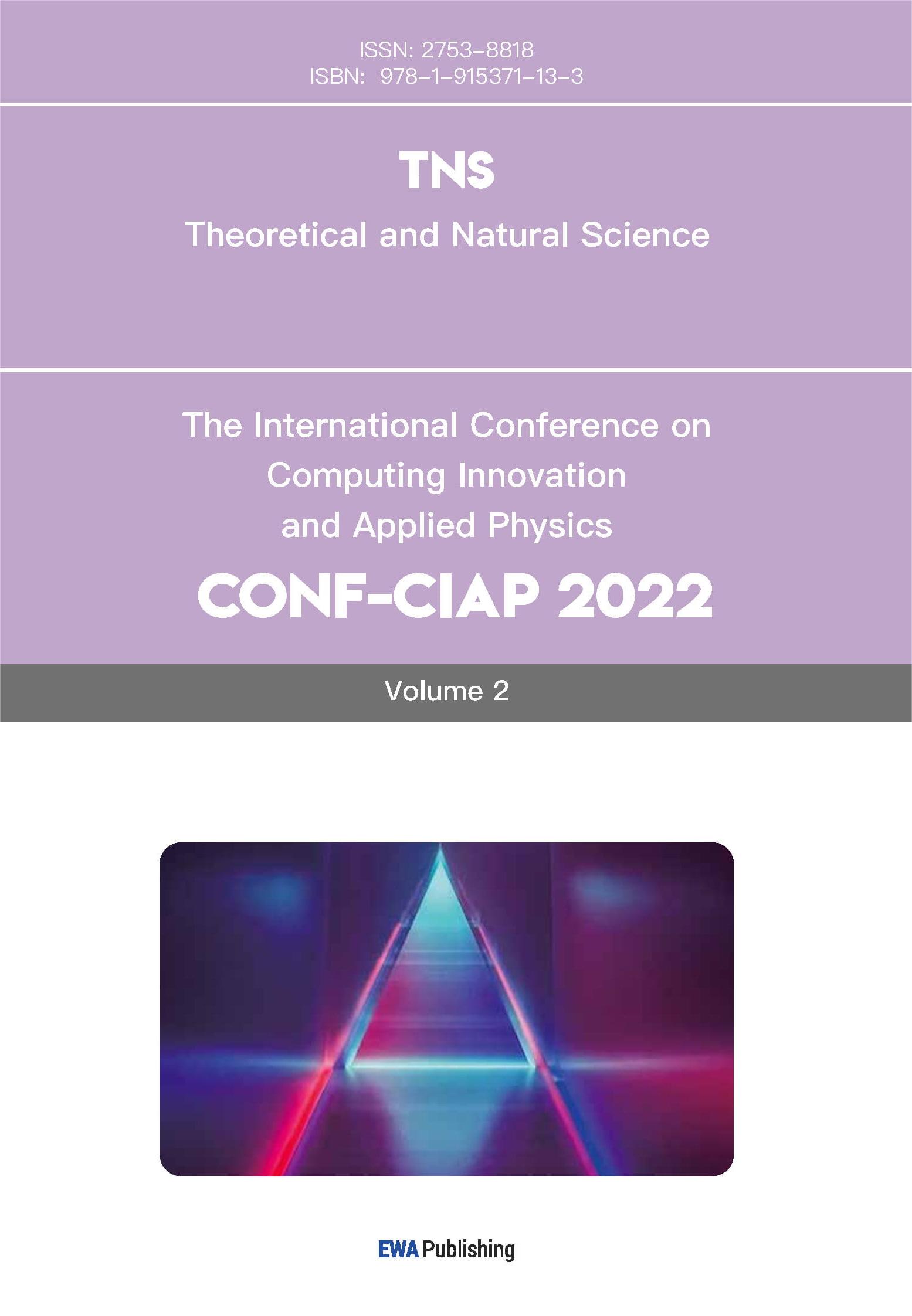References
[1]. World Health Organization. Antimicrobial resistance: key facts. 2021. https: //www.who.int/news-room/fact-sheets/detail/antimicrobial-resistance
[2]. Taylor L. COVID-19: antimicrobial misuse in Americas sees drug resistant infections surge, says WHO. BMJ, 2021; 375: n2845.
[3]. Mladenovic-Antic S, Kocic B, Velickovic-Radovanovic R, et al. Correlation between antimicrobial consumption and antimicrobial resistance of Pseudomonas aeruginosa in a hospital setting: a 10-year study. J Clin Pharm Ther, 2016; 41: 532–537.
[4]. Rawson TM, Moore LSP, Zhu N, et al. Bacterial and fungal coinfection in individuals with coronavirus: a rapid review to support COVID-19 antimicrobial prescribing. Clin Infect Dis, 2020; 71: 2459–2468.
[5]. Lobie TA, Roba AA, Booth JA, et al. Antimicrobial resistance: a challenge awaiting the post-COVID-19 era. Int J Infect Dis, 2021; 111: 322–325.
[6]. Abelenda-Alonso G, Padullés A, Rombauts A, et al. Antibiotic prescription during the COVID-19 pandemic: a biphasic pattern. Infect Control Hosp Epidemiol, 2020; 41: 1371–1372.
[7]. Hendriksen RS, Munk P, Njage P, et al. Global monitoring of antimicrobial resistance based on metagenomics analyses of urban sewage. Nat Commun, 2019; 10: 1124.
[8]. Adebisi YA, Alaran AJ, Okereke M, et al. COVID-19 and antimicrobial resistance: a review. Infect Dis, 2021; 14: 11786337211033870.
[9]. Seethalakshmi PS, Charity OJ, Giakoumis T, et al. Delineating the impact of COVID-19 on antimicrobial resistance: an Indian perspective. Sci Total Environ, 2022; 818: 151702.
[10]. Cassini E, Pezzani MD. Public health burden of antimicrobial resistance in Europe. Lancet Infect Dis, 2019; 19: 4–6.



